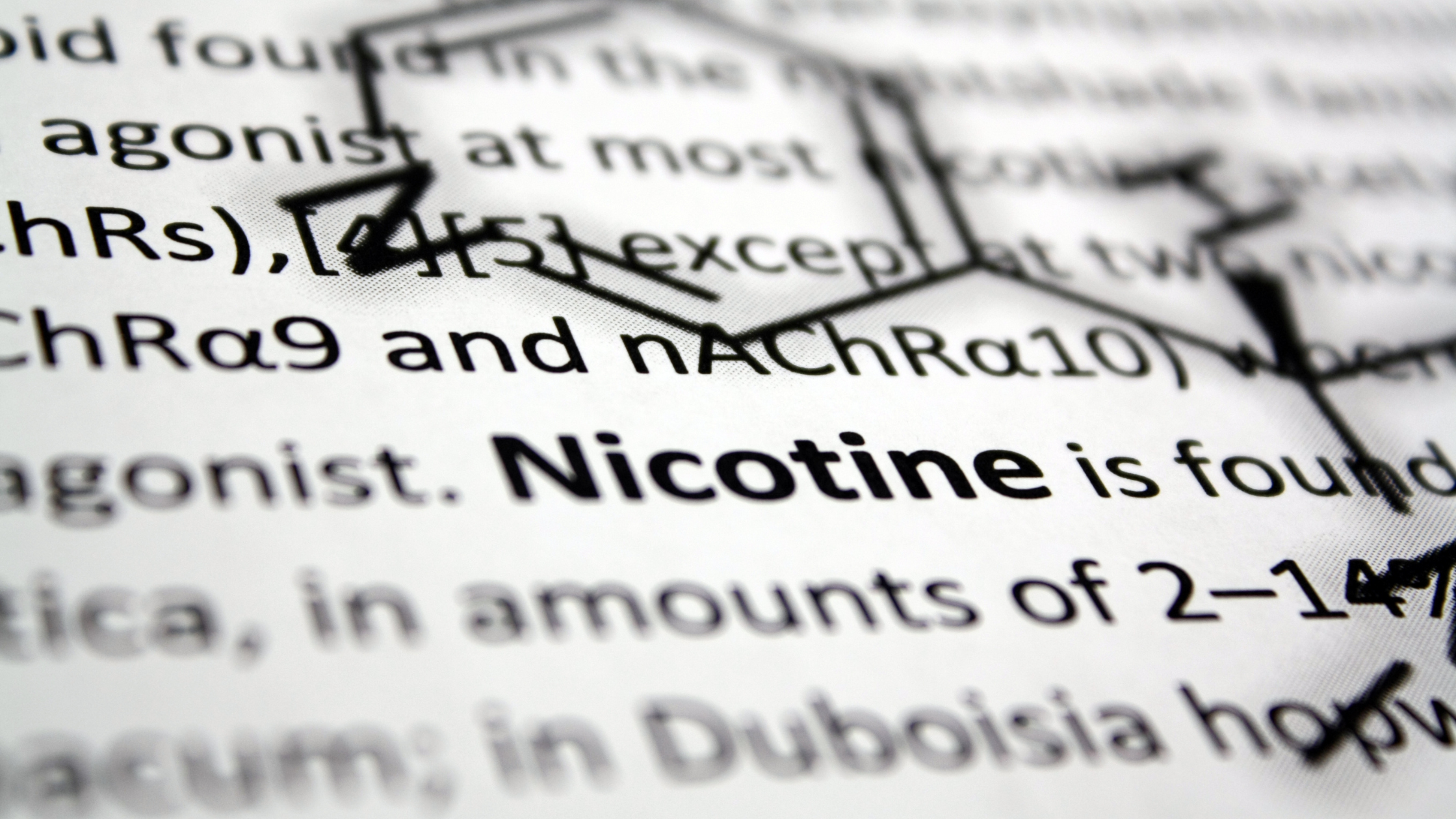
Sleep is a fundamental aspect of our lives, essential for physical and mental well-being. However, various factors can disrupt our sleep patterns, and one such element is nicotine. Nicotine, predominantly found in tobacco products, has long been associated with adverse health effects. In this blog post, we will delve into the relationship between nicotine and sleep, exploring the effects and potential risks it poses to our nightly rest.
Understanding Nicotine
Nicotine is a highly addictive stimulant compound that acts on the central nervous system. It is primarily consumed through smoking cigarettes, but it can also be found in e-cigarettes, cigars, and chewing tobacco. Once inhaled or absorbed, nicotine rapidly reaches the brain, causing the release of neurotransmitters like dopamine, norepinephrine, and serotonin, which contribute to its stimulating effects.
Effects of Nicotine on Sleep:
Sleep Onset
Nicotine has the ability to delay the onset of sleep. Smokers often experience difficulty falling asleep due to the stimulating nature of nicotine. The impact is attributed to increased heart rate, elevated blood pressure, and heightened brain activity, making it challenging for individuals to relax and transition into sleep.
Sleep Architecture
Nicotine affects the architecture of sleep, resulting in fragmented and disrupted sleep patterns. Smokers tend to experience lighter, less restorative sleep with frequent awakenings throughout the night. This can lead to feelings of fatigue and daytime sleepiness, impacting overall cognitive performance and alertness during waking hours.
REM Sleep
Rapid Eye Movement (REM) sleep is a crucial phase of the sleep cycle associated with dreaming and memory consolidation. Nicotine use, especially close to bedtime, has been linked to a reduction in REM sleep duration. Disruptions in REM sleep can impair learning, memory, and emotional processing, potentially impacting overall cognitive functioning.
Sleep-Related Breathing Disorders
Nicotine can exacerbate sleep-related breathing disorders such as snoring and sleep apnea. It causes irritation and inflammation of the airways, leading to increased upper airway resistance and potentially worsening the symptoms of these conditions. Consequently, individuals with sleep apnea may experience more severe respiratory events during sleep when nicotine is present in their system.
Risks and Recommendations:
Insomnia - Nicotine-induced sleep disturbances can contribute to chronic insomnia. Long-term smokers often develop a dependence on nicotine to achieve sleep, perpetuating a vicious cycle. Quitting smoking or reducing nicotine intake can significantly improve sleep quality and overall health.
Withdrawal Effects - Nicotine withdrawal can also disrupt sleep patterns. When attempting to quit smoking, individuals may experience difficulty falling asleep, vivid dreams, and restless nights. These symptoms typically subside over time as the body adjusts to nicotine abstinence.
Alternative Nicotine Delivery Systems - E-cigarettes and vaping have gained popularity as potential alternatives to traditional tobacco smoking. However, research on their impact on sleep is limited. While they may offer some advantages over combustible cigarettes, the effects of nicotine in these delivery systems on sleep require further investigation.
Conclusion
Understanding the relationship between nicotine and sleep is crucial for individuals seeking to optimize their sleep health. Nicotine's stimulating effects can delay sleep onset, fragment sleep architecture, and reduce REM sleep, ultimately leading to decreased sleep quality. Quitting smoking or reducing nicotine intake can significantly improve sleep patterns and overall well-being. Further research is needed to fully comprehend the effects of alternative nicotine delivery systems on sleep. Prioritizing healthy sleep habits and seeking professional guidance can help mitigate the negative impact nicotine may have on sleep.
If you or someone you know is struggling with sleep deprivation, then please click the orange button below to take a free online sleep test and talk with one of our sleep health professionals.

